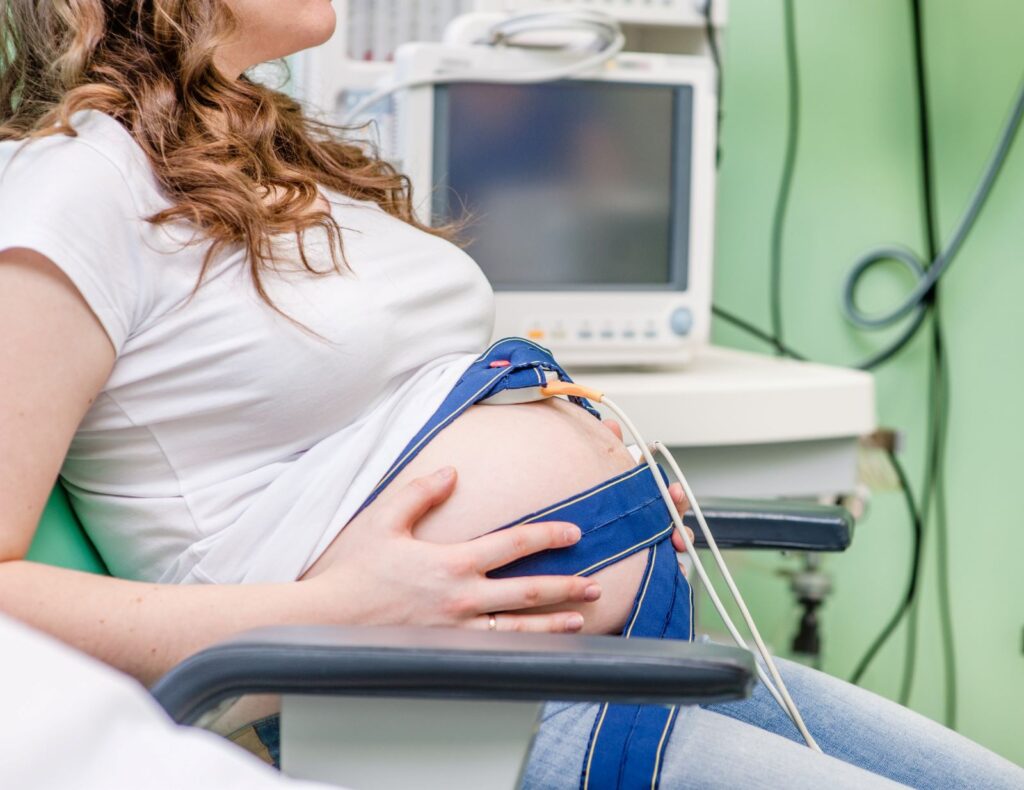Eclampsia is a critical condition in pregnancy, marked by the onset of seizures in women diagnosed with preeclampsia. This complication presents substantial health risks to both the mother and the fetus, necessitating prompt medical attention. Understanding the causes, symptoms, diagnosis, and treatment of eclampsia is essential for effective management and improved maternal-fetal outcomes.

Understanding Eclampsia
Eclampsia is defined as the occurrence of seizures in a woman with preeclampsia that cannot be attributed to other neurological conditions. Preeclampsia itself is characterized by elevated blood pressure and signs of organ damage, often involving the liver and kidneys. The progression from preeclampsia to eclampsia significantly increases the risk of severe complications, including maternal and fetal morbidity and mortality.
Causes and Risk Factors
The exact cause of eclampsia remains not fully understood; however, several factors are associated with an increased risk:
- Placental Abnormalities: Improper development of placental blood vessels may lead to inadequate blood flow, contributing to preeclampsia and potentially eclampsia.
- Immune System Factors: An abnormal immune response to the placenta may play a role in the development of preeclampsia and eclampsia.
- Genetic Predisposition: A family history of preeclampsia or eclampsia can increase susceptibility.
- Preexisting Conditions: Chronic hypertension, diabetes mellitus, kidney disease, and autoimmune disorders elevate the risk.
- Multiple Gestations: Carrying twins or higher-order multiples increases the likelihood of developing preeclampsia and eclampsia.
- Maternal Age Extremes: Women younger than 20 or older than 35 years are at higher risk.
Symptoms and Clinical Presentation
Eclampsia often presents with the following symptoms:
- Seizures: Typically generalized tonic-clonic in nature.
- Severe Headaches: Persistent and often unresponsive to typical analgesics.
- Visual Disturbances: Blurred vision, photophobia, or temporary loss of vision.
- Right Upper Quadrant or Epigastric Pain: Indicative of liver involvement.
- Altered Mental Status: Confusion, agitation, or decreased level of consciousness.
These symptoms may precede the onset of seizures, serving as warning signs necessitating immediate medical evaluation.
Diagnosis
The diagnosis of eclampsia is primarily clinical, based on the occurrence of seizures in a woman with preeclampsia. Diagnostic evaluations include:
- Blood Pressure Monitoring: Detecting elevated readings, typically ≥140/90 mmHg.
- Urinalysis: Assessing for proteinuria, indicating kidney involvement.
- Blood Tests: Evaluating liver enzymes, platelet count, and renal function to identify organ involvement.
- Neurological Assessment: Excluding other causes of seizures, such as epilepsy or intracranial hemorrhage.
Management and Treatment
Immediate management of eclampsia focuses on stabilizing the mother, preventing further seizures, and planning for delivery:
- Seizure Control: Intravenous magnesium sulfate is the treatment of choice to prevent recurrent seizures.
- Blood Pressure Management: Antihypertensive medications, such as labetalol or hydralazine, are administered to control severe hypertension.
- Prompt Delivery: Once the mother is stabilized, expedient delivery is indicated, regardless of gestational age, to mitigate risks to both mother and fetus.
- Supportive Care: Monitoring and managing fluid balance, respiratory support if needed, and continuous fetal monitoring.
Prevention Strategies
Preventing eclampsia involves early identification and management of preeclampsia:
- Regular Prenatal Care: Routine monitoring allows for early detection of blood pressure elevations and proteinuria.
- Low-Dose Aspirin: In high-risk women, initiating low-dose aspirin may reduce the incidence of preeclampsia.
- Calcium Supplementation: In populations with low dietary calcium intake, supplementation may be beneficial.
- Management of Underlying Conditions: Optimizing control of chronic hypertension, diabetes, and renal disorders prior to and during pregnancy.
Prognosis and Long-Term Implications
With prompt and appropriate management, the prognosis for women with eclampsia has improved significantly. However, there remains an increased risk for future cardiovascular diseases and recurrence in subsequent pregnancies. Long-term follow-up and lifestyle modifications are recommended to mitigate these risks.

